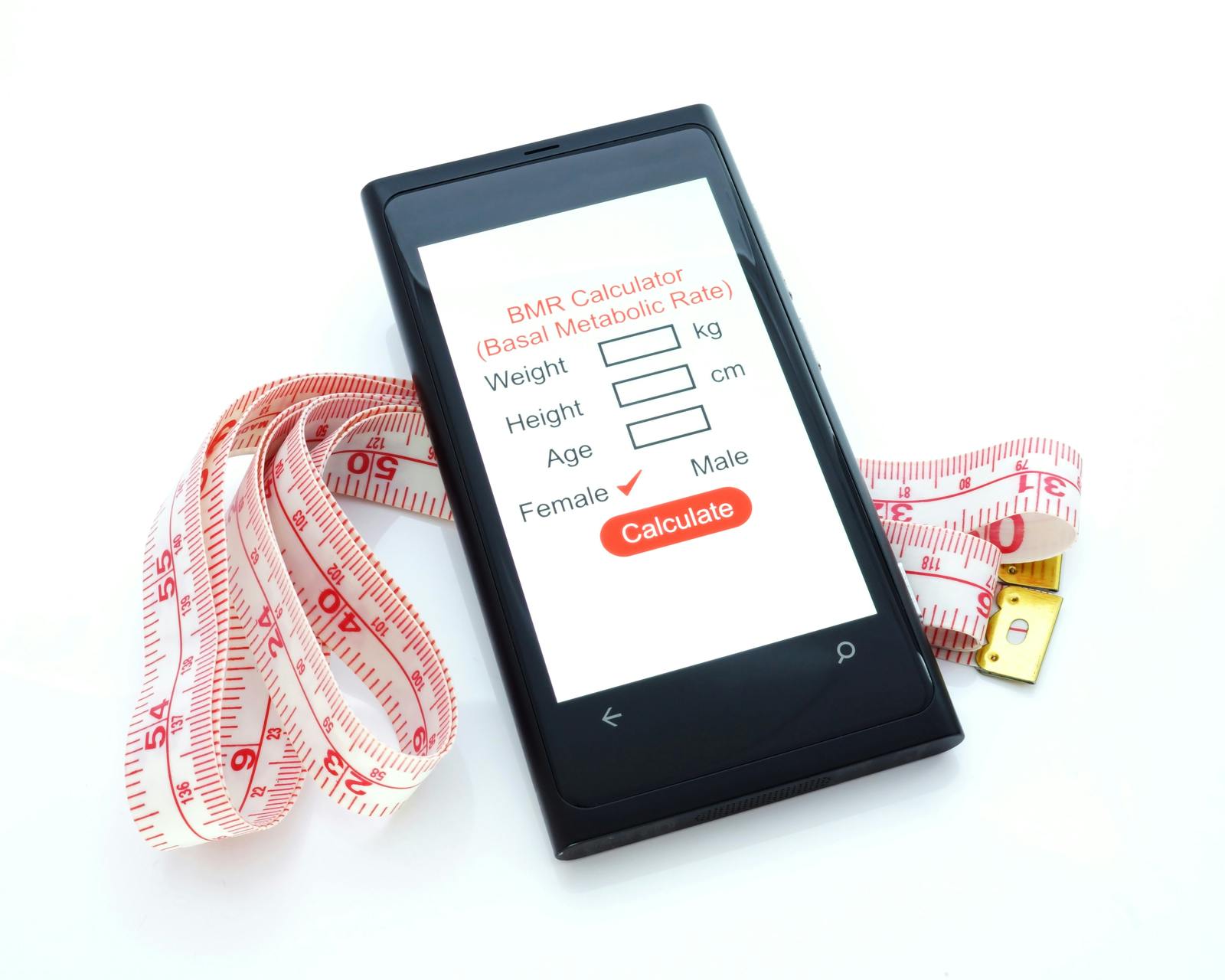Understanding your Basal Metabolic Rate
Understanding your Basal Metabolic Rate (BMR) is essential if you're looking to tailor your health and fitness goals effectively. By using a BMR calculator, you can discover how many calories your body needs at rest, which serves as a baseline for managing your weight. You might be surprised by how various factors like age, sex, and body composition can influence this number.
So, what does your specific BMR reveal about your calorie needs and weight loss strategy?
What Is Basal Metabolic Rate?
Basal Metabolic Rate (BMR) is the number of calories your energy requirements to maintain basic physiological functions while at rest. These functions include breathing, circulation, cell production, and nutrient processing. Your BMR accounts for the majority of your daily calorie expenditure, typically around 60-75%.
Factors influencing your BMR include age, sex, weight, height, and body composition. For example, muscle mass burns more calories than fat, so individuals with higher muscle mass usually have a higher BMR.
Understanding your BMR helps you grasp your body's energy needs, which is essential for weight management or fitness goals. By knowing your BMR, you can make informed decisions about your diet and exercise routines to achieve your health objectives effectively.
How to Calculate Your BMR
To find your basal metabolic rate, you'll need to consider factors like your age, sex, weight, and height.
You can use the Harris Benedict Equation [2] or the Mifflin-St Jeor equation, [1] which are the most accurate methods.
- For men, the formula is: BMR = 10 × weight (kg) + 6.25 × height (cm) - 5 × age (years) + 5
- For women, it's: BMR = 10 × weight (kg) + 6.25 × height (cm) - 5 × age (years) - 161
Simply plug in your numbers to find your BMR.
Alternatively, you can use our online BMR calculator below to learn your basal metabolic rate
Knowing your BMR is a great starting point for understanding your energy needs and planning your diet or exercise regimen.

